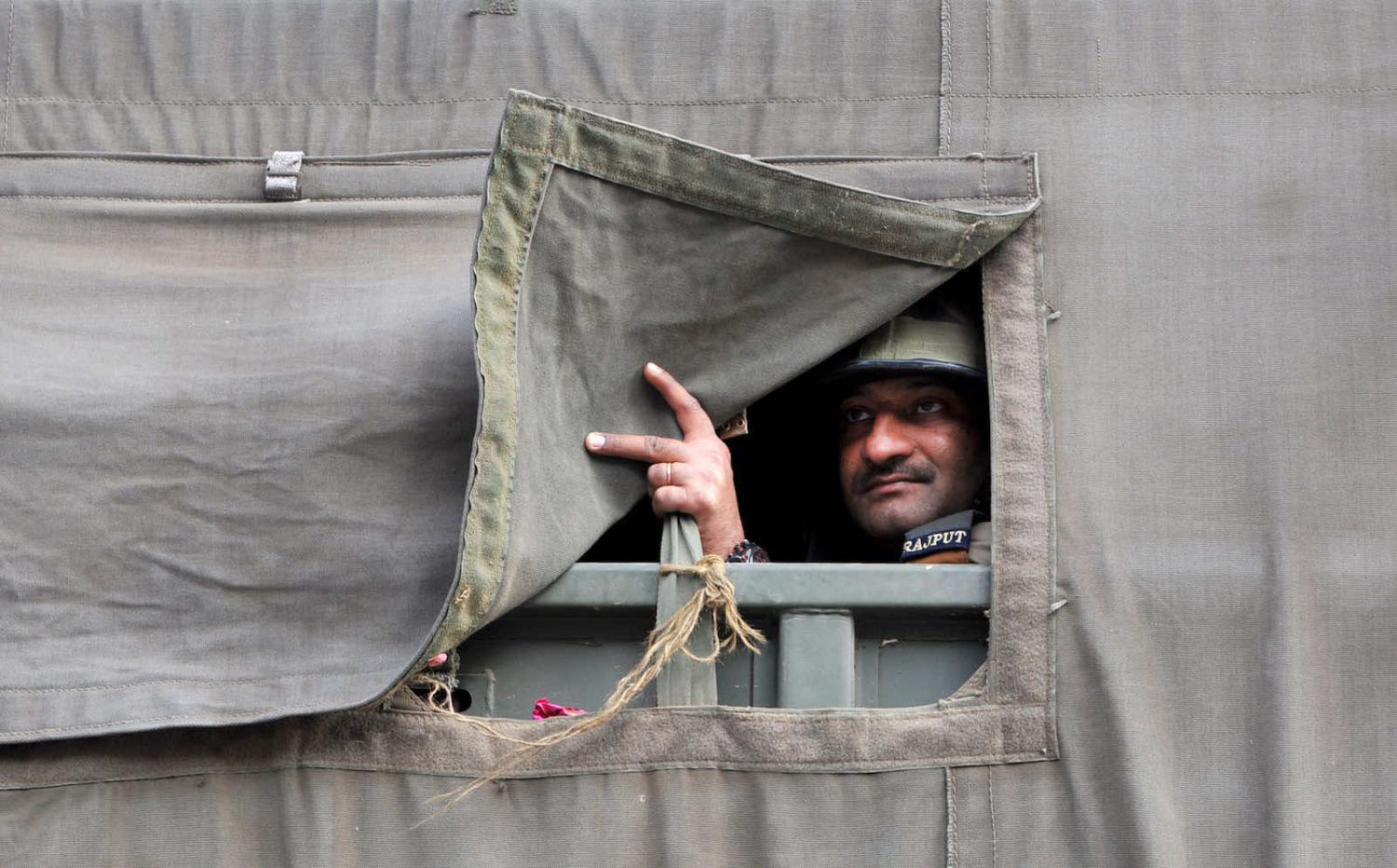As the United States grapples with China, Washington is seeking to build a tight-knit security network in the Indo-Pacific. Among those measures is a possible expansion of the Five Eyes, as the intelligence sharing arrangement between Australia, Canada, New Zealand, the United Kingdom and the United States.
Early this September, the US Congress’ Subcommittee on Intelligence and Special Operations reported, “[In] confronting great power competition [from China and Russia], the Five Eye countries must work closer together, as well as expand the circle of trust to other like-minded democracies.” The countries proposed in the report were South Korea, Japan, India and Germany.
India is particularly interesting as the only country among those recommended for expanded intelligence sharing not to have a treaty alliance arrangement with the United States. In the wake of heightened border tensions with China, analysts in New Delhi have begun to take an interest in the expansion proposal – and the idea has even prompted some derision from Chinese state media.
But well before the current wave of interest, I made the case for India’s inclusion in the Five Eyes in my new book, Flying Blind: India’s Quest for Global Leadership.
The problem may not be militarism itself, but the fact that New Delhi has serious differences with Washington on the global issues which have previously drawn the United States into a conflict.
The opportunities for New Delhi are plentiful. Underperforming intelligence capabilities and a patchy record of detecting threats well in time are among India’s biggest challenges, and input from the Five Eyes would be of significant help. Each of the Five Eyes gets privileged access to the product from state-of-the-art intelligence capabilities, especially from Britain and America.
If India was to become part of this circle, it would mean increased opportunities for training and technology from the top of the shelf. It would also significantly improve India’s preparedness in confronting threats such as cross-border infiltration in Kashmir and incursions along the difficult border with China. Given the Five Eyes’ more global intelligence presence, it would also help India expand its own influence and presence, particularly if Indian diplomatic missions around the world can benefit from US intelligence on the countries where they operate.
There are many other advantages as well: A member of the Five Eyes is the most direct beneficiary of US foreign policy influence and hard power, meaning stronger bargaining power vis- à-vis other countries, stronger national passports and more travel freedom, and increased security for their citizens overseas. A closer relationship can extend to American security guarantees when under attack from an enemy.
Here are glimpses from the Quad leaders meeting. The discussions with @POTUS @JoeBiden, PM @ScottMorrisonMP and PM @sugawitter were extensive and productive. pic.twitter.com/cNedF0XRz6
— Narendra Modi (@narendramodi) September 24, 2021
But would India ever join the Five Eyes, at least in a formal sense? Many argue that the Five Eyes is an inherently Anglo-Saxon coalition. India is certainly not Anglo-Saxon, yet a case could be made that India and the US are fast reaching the sort of deep cultural and strategic convergence that facilitates a partnership of this kind.
And at least in the Indo-Pacific, India has begun bolstering its defence ties with the rest of the Five Eyes as well. Last year, India and Australia signed a Mutual Logistics Support Arrangement, which allows both sides access to each other's military bases for logistics support. A similar agreement is also nearing finalisation with the United Kingdom.
Given India’s geographic location, size and demographic potential, America increasingly knows that India would be crucial to any democratic coalition against China in the Indo-Pacific. But in New Delhi, political convergence is still a problem.
Indians are wary that a formal US ally could get sucked into military adventurism in the future. The Iraq war, for instance, was every bit Britain’s war and Australia’s war as it was America’s (although Canada and New Zealand did stand apart). In the years to come, despite the strong anti-war political lobby in Washington, circumstances anywhere – from Iran to North Korea to the South China Sea – could quickly pull America into another conflict. New Delhi will never agree to open-ended commitments that might lead to a military entanglement.
The problem may not be militarism itself, but the fact that New Delhi has serious differences with Washington on the global issues which have previously drawn the United States into a conflict. Take Iran as an example. As a nuclear power that has not signed the Nuclear Non-Proliferation Treaty (NPT) itself, India has no rationale to take action against Iran for violating it. As a principle of foreign policy, India has taken the reasonable view that the NPT is unacceptable because it is inherently discriminatory.
Such differences exist even on the threat from China. Despite its recent statements on freedom of navigation in the South China Sea, New Delhi is far less assertive in that region than Washington would like it to be. India has been far less vocal – or often mute – on human rights issues related to Taiwan, Hong Kong or Xinjiang than in statements by the Five Eyes. On the other hand, for New Delhi, the threat from China is centred around its conflict on the Himalayan border – an issue still far removed from the strategic priorities of the Five Eyes.
Despite its increased troubles with China, India remains inclined to hedge its bets in the name of strategic autonomy. Even as it finalises a logistics agreement with the UK, New Delhi is exploring a similar deal with Russia. But if India wants to benefit from the Five Eyes, such strategic ambivalence may prove increasingly unsustainable.

